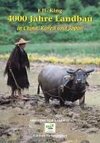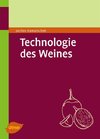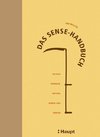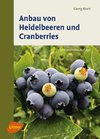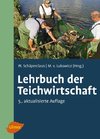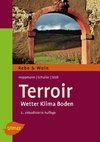
-
 Anglický jazyk
Anglický jazyk
Agroecological principles and practices for arid zone farming
Autor: Pankaj Swami
An ecosystem is a natural system that is formed by dynamic interactions between biotic and non-biotic elements in a defined area. India is vast country and its dry lands constitute about 74 percent of cropped areas, it contributes 60 m tones of food annually,... Viac o knihe
Na objednávku
69.30 €
bežná cena: 77.00 €
O knihe
An ecosystem is a natural system that is formed by dynamic interactions between biotic and non-biotic elements in a defined area. India is vast country and its dry lands constitute about 74 percent of cropped areas, it contributes 60 m tones of food annually, of the total Indian arid zone (3.2 lakh sq. km) 90 percent lies in north-western India, of this Rajasthan comprises 62 percent of dry land area. Desert lands are future land banks, on the basis of historical and archaeological evidence. In recent times all over the world pressure has been increasing on usable lands in order to satisfy the overgrowing demand for food and fodder, to face this situation scientist are exploring both the waste land and best crop orientation for these areas. Agro-ecosystem is characterized by a much simpler composition with regard to the number of species residing in the system and the relative simplicity of energy flows than a natural, stable ecosystem. Agro-ecosystem studies are of economic and ecological importance and useful for development of crops. It is of immense importance not only in raising crop but in taking its high yield too.
- Vydavateľstvo: LAP LAMBERT Academic Publishing
- Rok vydania: 2017
- Formát: Paperback
- Rozmer: 220 x 150 mm
- Jazyk: Anglický jazyk
- ISBN: 9783659693830
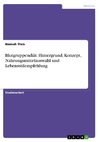
 Nemecký jazyk
Nemecký jazyk 